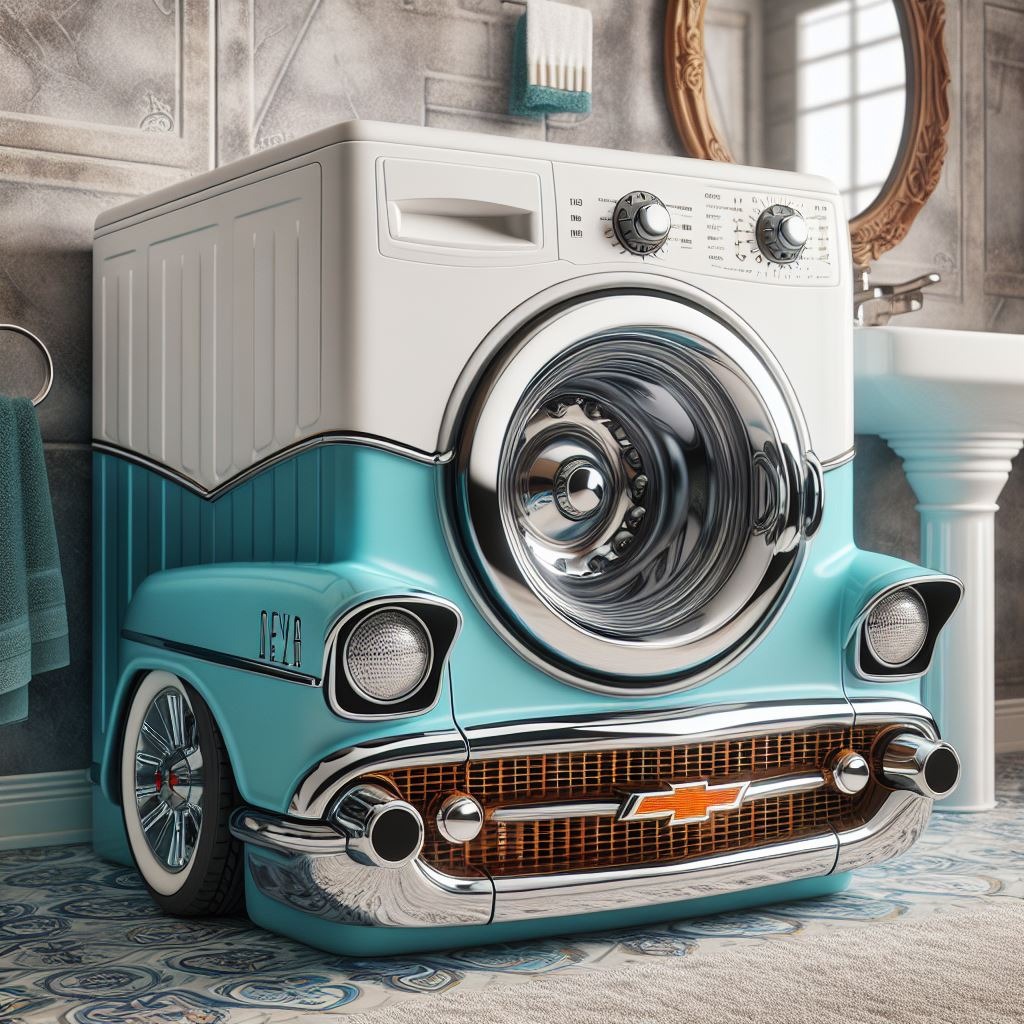In a surprising twist of fate, the washing machine played a pivotal role in shaping the iconic design of the classic Chevrolet. This unexpected connection between household appliances and automotive history offers a fascinating glimpse into the creative process behind one of America’s most beloved car models. By delving into this unique historical context, we uncover the innovative thinking and unconventional inspirations that influenced the evolution of automotive design. Join us on a journey through time as we explore how an everyday object left an indelible mark on the timeless style of the Chevrolet, showcasing the unexpected ways in which creativity can be sparked.
Evolution of Household Appliances
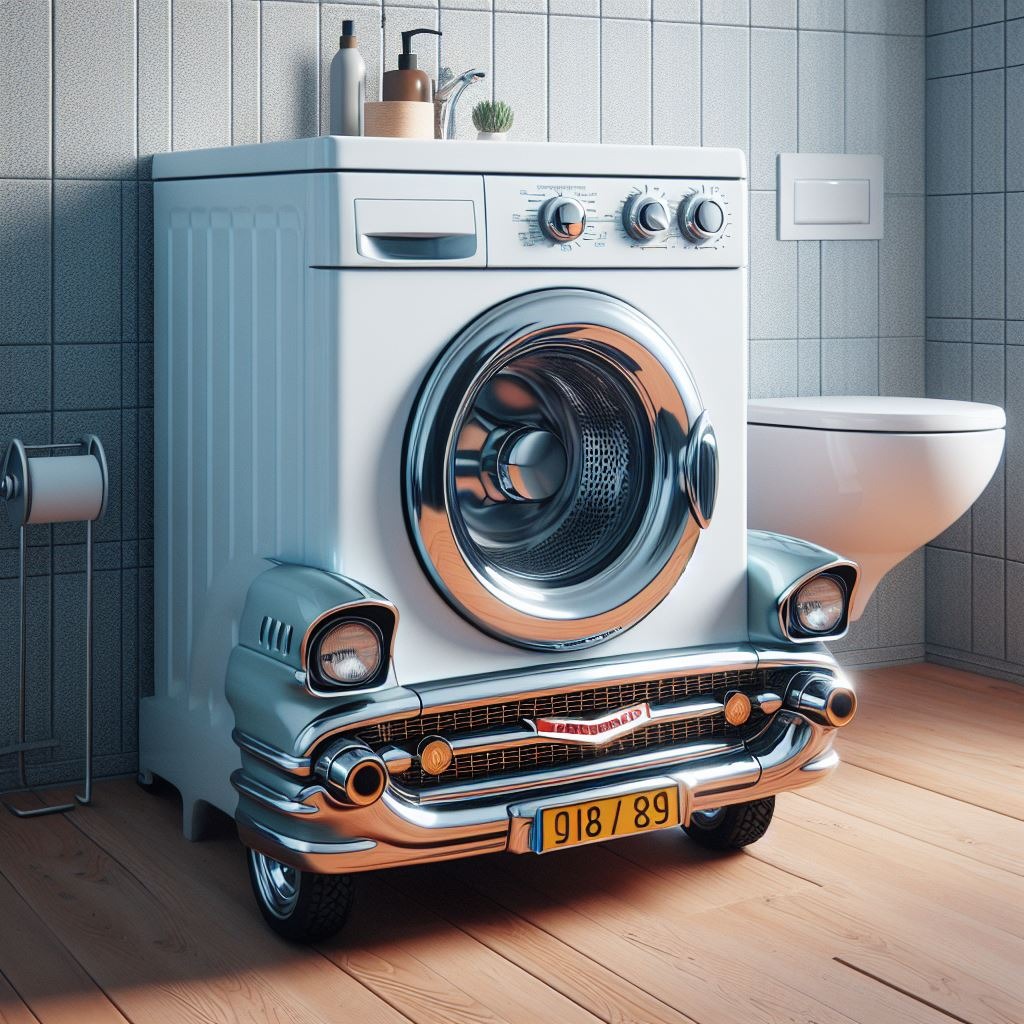
Household appliances have significantly evolved, shaping the way we live and interact with our surroundings. The history of household appliances dates back to the early 20th century when motor-powered machines began to revolutionize domestic chores.
The transition from hand-operated tools to motorized appliances marked a significant shift in how households functioned. Tasks that were once labor-intensive and time-consuming became more efficient and less physically demanding.
Technological advancements played a crucial role in the evolution of household appliances. The introduction of automation, timers, and sensors transformed basic machines into sophisticated devices capable of performing complex functions.
These advancements not only saved time but also enhanced convenience for users. For example, the invention of the washing machine revolutionized laundry days, freeing up hours of manual labor and allowing individuals to focus on other tasks.
The impact of technological advancements on appliance evolution is evident in the increased efficiency and functionality of modern devices. From refrigerators that can adjust temperatures based on usage patterns to smart ovens that can be controlled remotely, appliances have become smarter and more intuitive.
The integration of technology has not only made household tasks easier but has also improved energy efficiency and sustainability. Modern appliances are designed to consume less water and electricity, reducing their environmental impact while still providing top-notch performance.
From Antique to Modern Washers
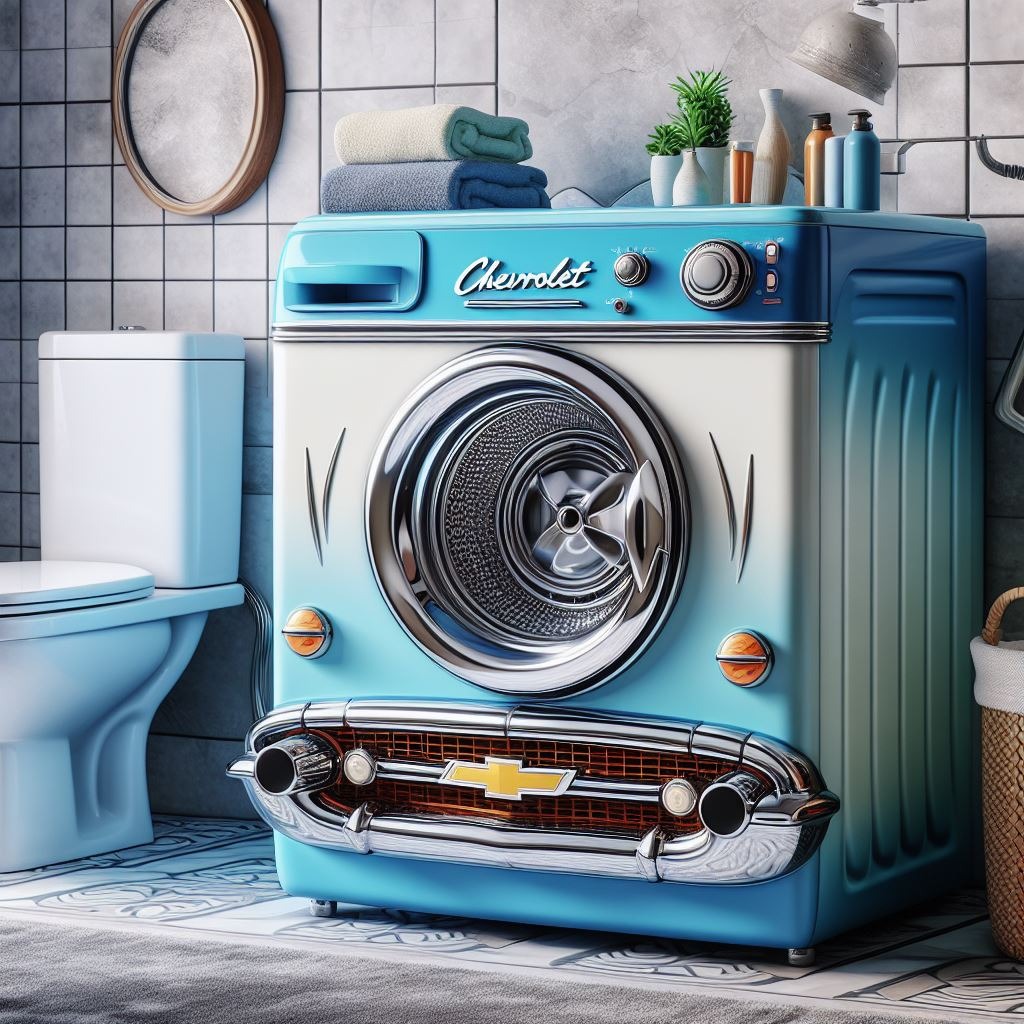
Early washing machines, known as loading machines, were simple compared to today’s models. They required manual effort and lacked the pump and valves found in modern washers. These antique washers were primarily top-loading and often heavy-duty.
As time progressed, washing machines underwent significant transformations. The evolution from hand-cranked washers to electric-powered ones revolutionized households. The introduction of the back-loading design brought about increased efficiency and convenience for users.
Modern washing machines boast advanced features that enhance user experience. With built-in pumps for water drainage and intricate valve systems, these washers ensure optimal performance. The shift towards front-loading models has improved energy efficiency and reduced water consumption.
The transition from antique to modern washers showcases the technological advancements in laundry care. Early loading machines required users to manually handle every aspect of the washing process. In contrast, modern washers automate various functions, making laundry chores more manageable.
One key feature of modern washers is their ability to regulate water levels based on load size and fabric type. This ensures efficient cleaning while minimizing water wastage. Many contemporary models offer specialized cycles for different types of garments, such as delicate or heavy-duty items.
The evolution of washing machines highlights the importance of innovation in household appliances. Manufacturers continuously strive to improve washer efficiency, durability, and user-friendliness. From antique hand-cranked models to sleek, high-tech units, washers have come a long way in meeting consumers’ needs.
- Improved efficiency
- Enhanced user experience
- Energy-saving features
Impact on Household Chores
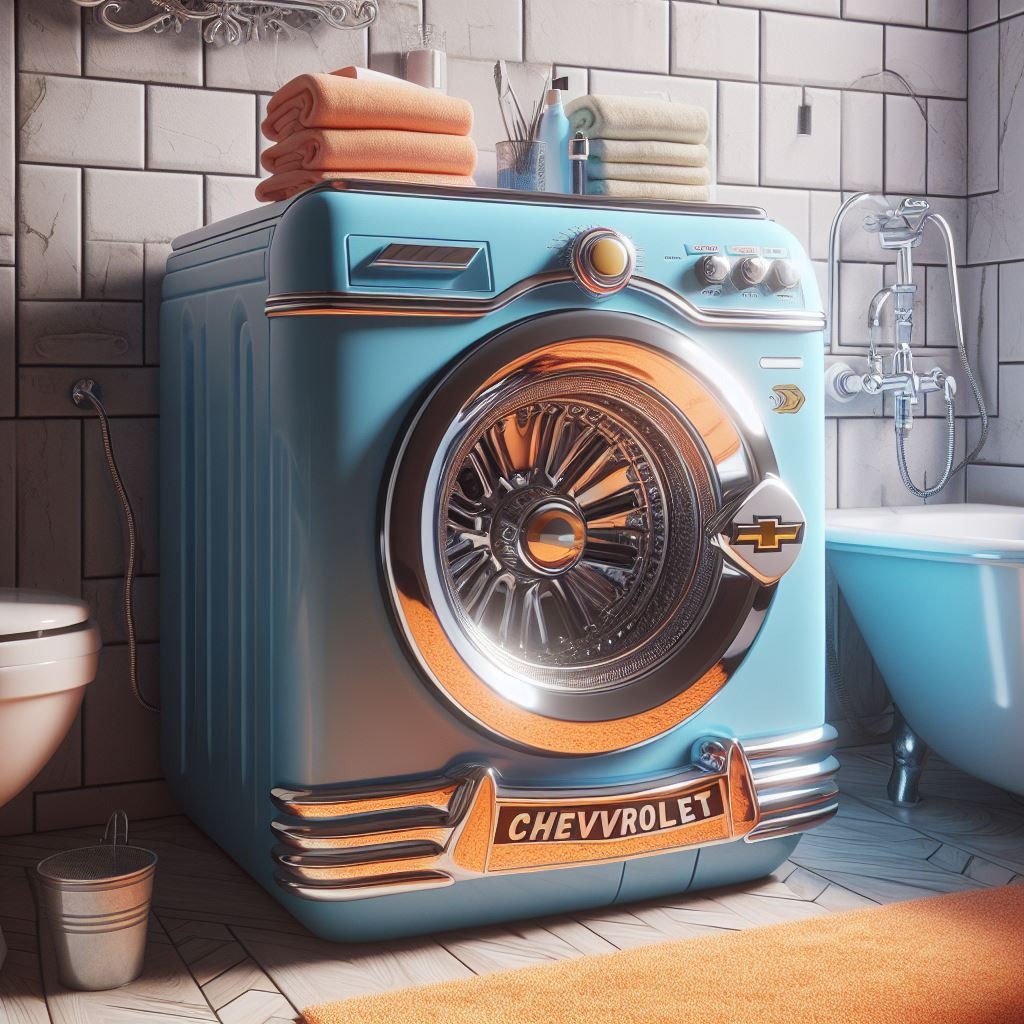
Washing machines have revolutionized daily chores by simplifying the process of cleaning clothes. The ease of use of modern machines has drastically reduced the time spent on laundry tasks.
Filling the machine with dirty items and adding detergent is a quick and simple task, allowing users to start the washing process with just a few clicks. The convenience offered by washing machines has transformed how households manage their laundry needs.
Households now benefit from significant time-saving advantages due to the efficiency of modern washing machines. Instead of spending hours hand-washing clothes, families can now complete this task within a fraction of the time.
The availability of various wash cycles and settings ensures that different types of fabrics and items are cleaned effectively, improving overall hygiene standards in homes. Modern washers also consume less water and energy, making them environmentally friendly choices for households.
Women’s Lives Transformed
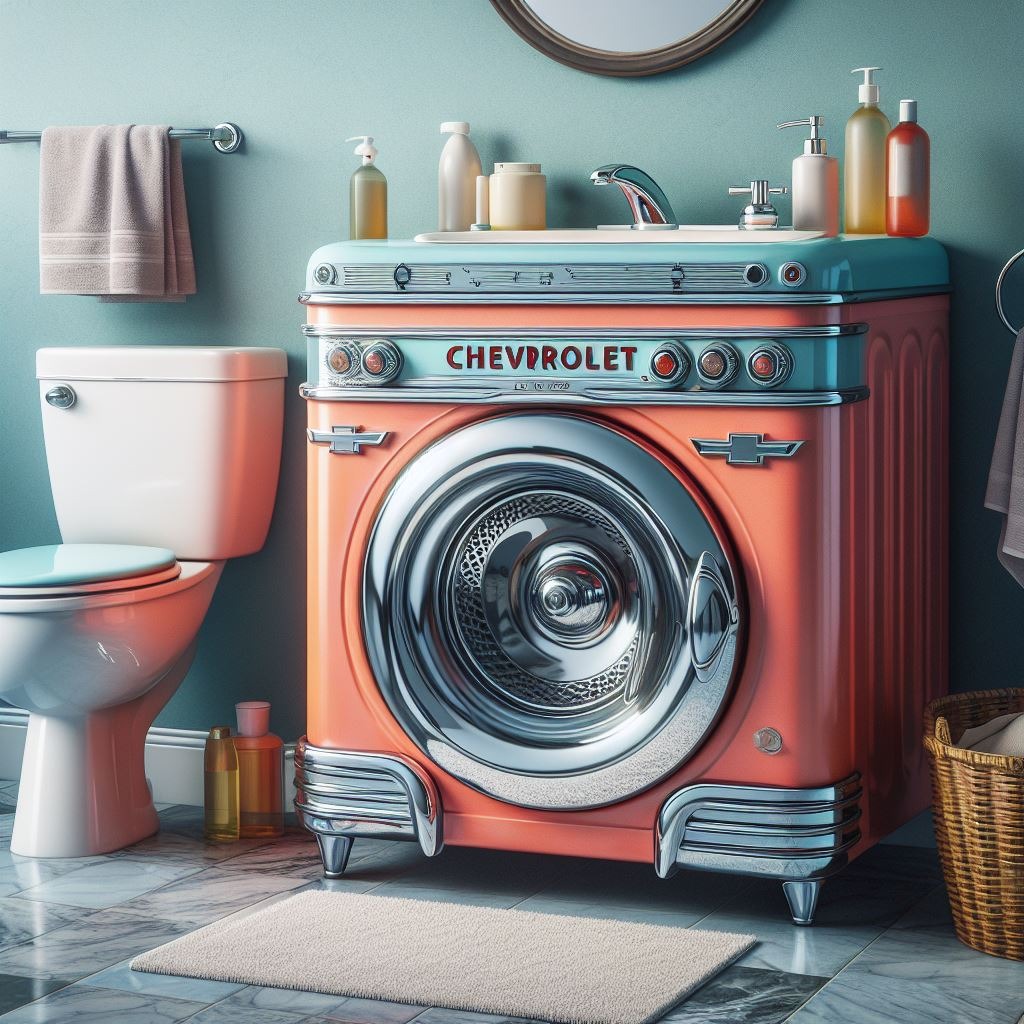
Women’s lives have changed significantly with the introduction of time-saving appliances like the washing machine. In the United States, women embraced these technological advancements to simplify their daily chores. The user-friendly design of washing machines revolutionized how laundry was done.
With the advent of washing machines, women in households across the country experienced a significant shift in their roles and responsibilities. Tasks that were once time-consuming and physically demanding became more manageable. The direction of household chores changed, allowing women to focus on other aspects of their lives.
The availability of washing machines provided women with the fig to balance their domestic duties with personal pursuits. By reducing the need for manual labor in laundry tasks, these appliances offered women more time for self-care and professional development. This newfound freedom empowered women to explore various options and opportunities beyond traditional household responsibilities.
Women in the United States found a valuable option in using washing machines to streamline their daily routines. This appliance not only saved time but also improved the overall quality of life for women by alleviating the burden of manual labor. As a result, women could devote more energy to activities that brought them joy and fulfillment.
- Improved efficiency in completing household chores
- Enhanced well-being through reduced physical strain
- Greater flexibility to pursue personal interests
Technological Advancements in Washing
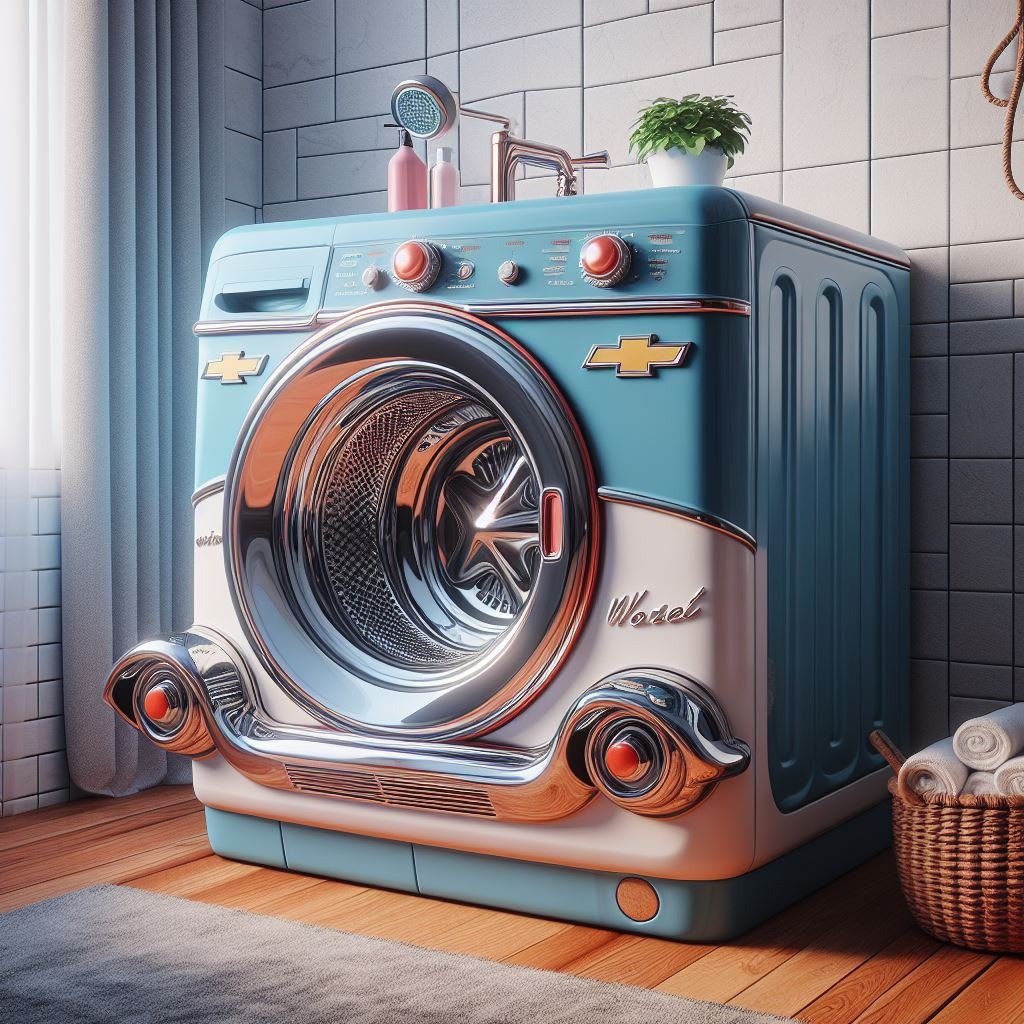
The evolution of washing machines has significantly impacted daily life, transforming the way people clean their clothes. Innovations in the wash cycle and rinsing have revolutionized laundry routines. These advancements have roots dating back to the early 19th century.
Early washing machines relied on manual labor, making laundry a time-consuming chore. The introduction of electric-powered machines in the early 1900s marked a significant shift. These machines automated the washing process, reducing the effort and time required for laundry tasks.
The mid-20th century saw further advancements with the introduction of automatic washing machines. These models featured multiple wash programs, allowing users to select specific settings based on fabric type and soiling level. This customization improved wash quality while minimizing damage to clothes.
In recent years, manufacturers have focused on enhancing efficiency in water and energy consumption. Modern washing machines are designed to optimize resource usage without compromising cleaning performance. These eco-friendly models utilize advanced technologies like sensors and load detection to adjust water levels accordingly.
Rinsing plays a crucial role in ensuring detergent removal and maintaining fabric quality. Contemporary washing machines are equipped with multiple rinse cycles to thoroughly clean clothes. This feature prevents soap residue buildup, resulting in fresher and cleaner laundry.
Smart features have become increasingly prevalent in modern washing machines, offering users enhanced convenience and control. Wi-Fi connectivity allows remote monitoring and control via smartphone apps. Some models even incorporate AI technology to learn user preferences and suggest optimal wash settings.
The integration of smart sensors enables automatic detection of load size and fabric type, adjusting wash parameters accordingly. This not only simplifies the laundry process but also ensures consistent cleaning results each time. Features like delayed start allow users to schedule wash cycles at their convenience.
Innovations Shaping Laundry Tasks
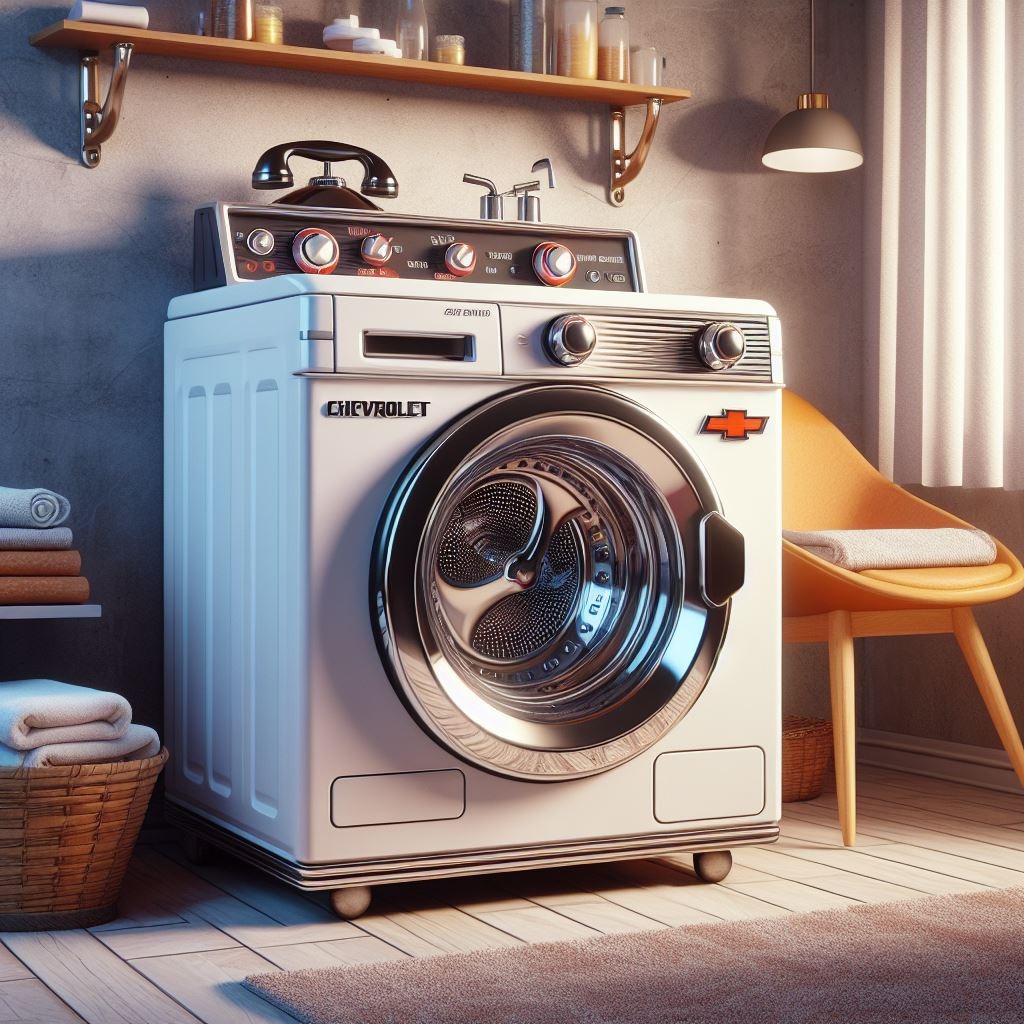
Automation of laundry processes has revolutionized the way we clean our clothes. With the integration of advanced sensors, washing machines can now detect load sizes and fabric types for optimal washing. This ensures that each wash cycle is tailored to specific needs, resulting in cleaner and well-preserved garments.
The design of modern washing machines incorporates customized settings for different fabric types, such as delicate, cotton, or synthetic materials. By selecting the appropriate setting, users can protect their clothes from damage while ensuring thorough cleaning. This level of customization enhances the longevity of garments and preserves their quality over time.
Incorporating features like a dryer within the same unit further, streamline the laundry process. The convenience of having both washing and drying functions in one appliance saves time and effort for users. These integrated machines are space-efficient, making them ideal for homes with limited room for separate appliances.
Advanced technologies have also enhanced the style and aesthetics of washing machines. Manufacturers now focus on creating sleek designs that blend seamlessly into modern homes. The basket styles are not only functional but also visually appealing, adding a touch of elegance to laundry rooms.
Societal Shifts and Washing Machines
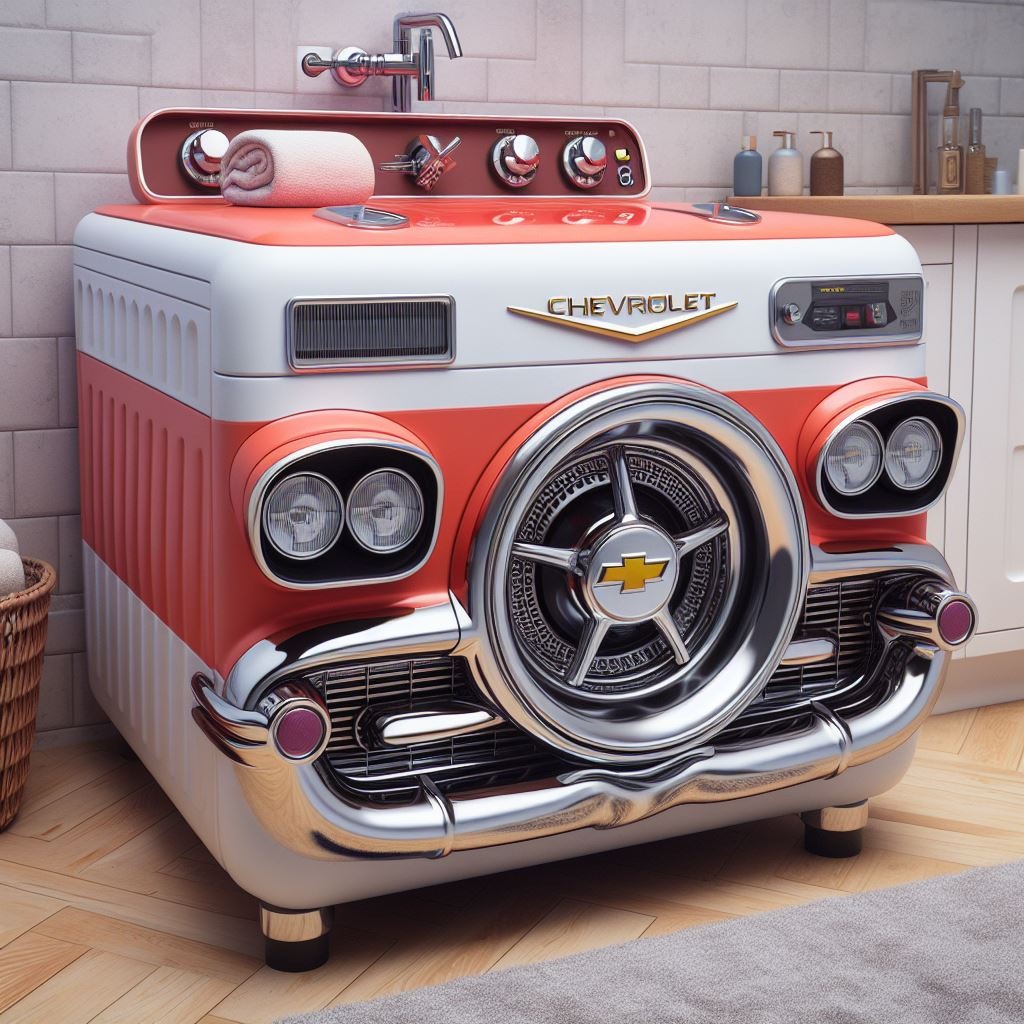
The introduction of automatic machines revolutionized how households dealt with laundry, especially considering the prevalence of many machines in modern homes. These appliances drastically altered the way individuals approached the chore of washing clothes.
Washing machines, with their agitators and spin cycle, not only saved time but also transformed societal norms. Families no longer spent hours handwashing clothing; instead, they could rely on these innovative devices to handle the task efficiently.
The economic implications of widespread washer usage were profound. With the availability of various types of washing machines, from top-loading to front-loading, families could choose based on their needs and budget constraints. This accessibility made owning a washer more feasible for a larger portion of society.
As washing machines became more affordable, they played a significant role in shaping societal changes. The ability to clean clothes efficiently at home freed up time for individuals to focus on other activities or work. This shift in priorities influenced how people structured their daily lives and contributed to a more efficient use of time.
The introduction of washing machines also had an impact on gender roles within households. Traditionally seen as a task primarily assigned to women, laundry duties became less time-consuming and physically demanding with the advent of these appliances. This change allowed for a more equitable distribution of household chores among family members.
Moreover, the convenience provided by washing machines led to an increase in overall hygiene standards within communities. Clean clothing became more accessible to a larger segment of the population, improving public health outcomes and contributing to a better quality of life for many individuals.
- Increased efficiency in laundry tasks
- More equitable distribution of household chores
- Improved hygiene standards within communities
Brand Influence on Washer Evolution
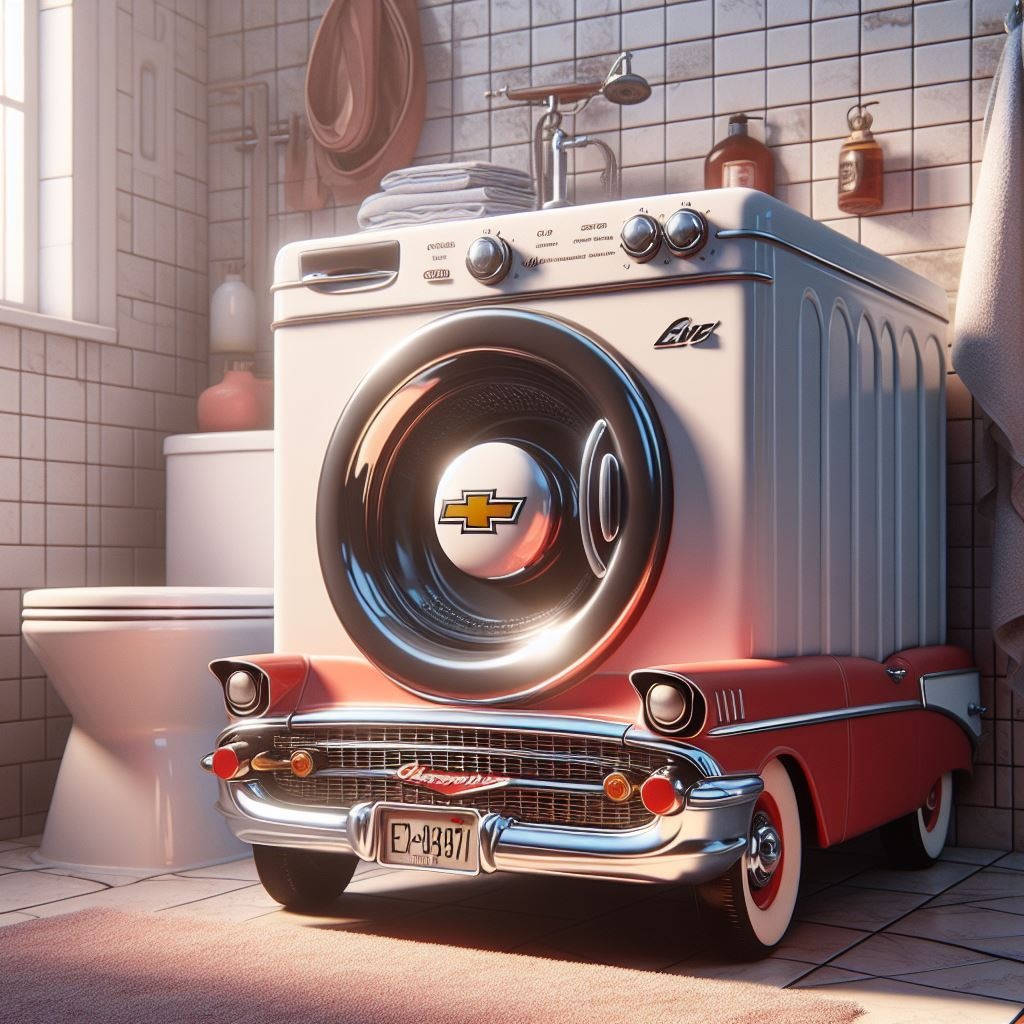
Prominent brands like General Electric and Whirlpool have played a pivotal role in shaping washer designs over the years. Their focus on durability and efficiency has set industry standards.
Competition among brands has been a driving force behind the continuous innovation in the washer industry. This competition has led to advancements in technology, such as energy-efficient models and smart features.
Consumer preferences heavily influence brand strategies, with brands adapting their products to meet changing demands. For example, the shift towards eco-friendly appliances has prompted brands to develop washers with lower water consumption.
- Pros:
- Enhanced durability
- Energy-efficient models
- Smart features for convenience
- Cons:
- The higher initial cost for advanced features
- Repair costs may be higher for specialized technologies
The evolution of washing machines can be traced back to the early 20th century when brands started introducing electric-powered models. These innovations revolutionized household chores and marked the beginning of modern washer designs.
As consumer lifestyles evolved, brands began incorporating new features into washers to cater to changing needs. For instance, the introduction of automatic washing machines eliminated manual labor and made laundry more convenient.
With technological advancements, washers now come equipped with various settings and modes to accommodate different fabric types and cleaning requirements. Brands continuously strive to improve user experience by offering customizable options for optimal performance.
Consumer feedback plays a crucial role in shaping future washer designs. Brands actively seek input from users to identify areas for improvement and enhance overall satisfaction. This customer-centric approach drives innovation and ensures that washers meet evolving needs.
Revolutionizing Household Cleaning
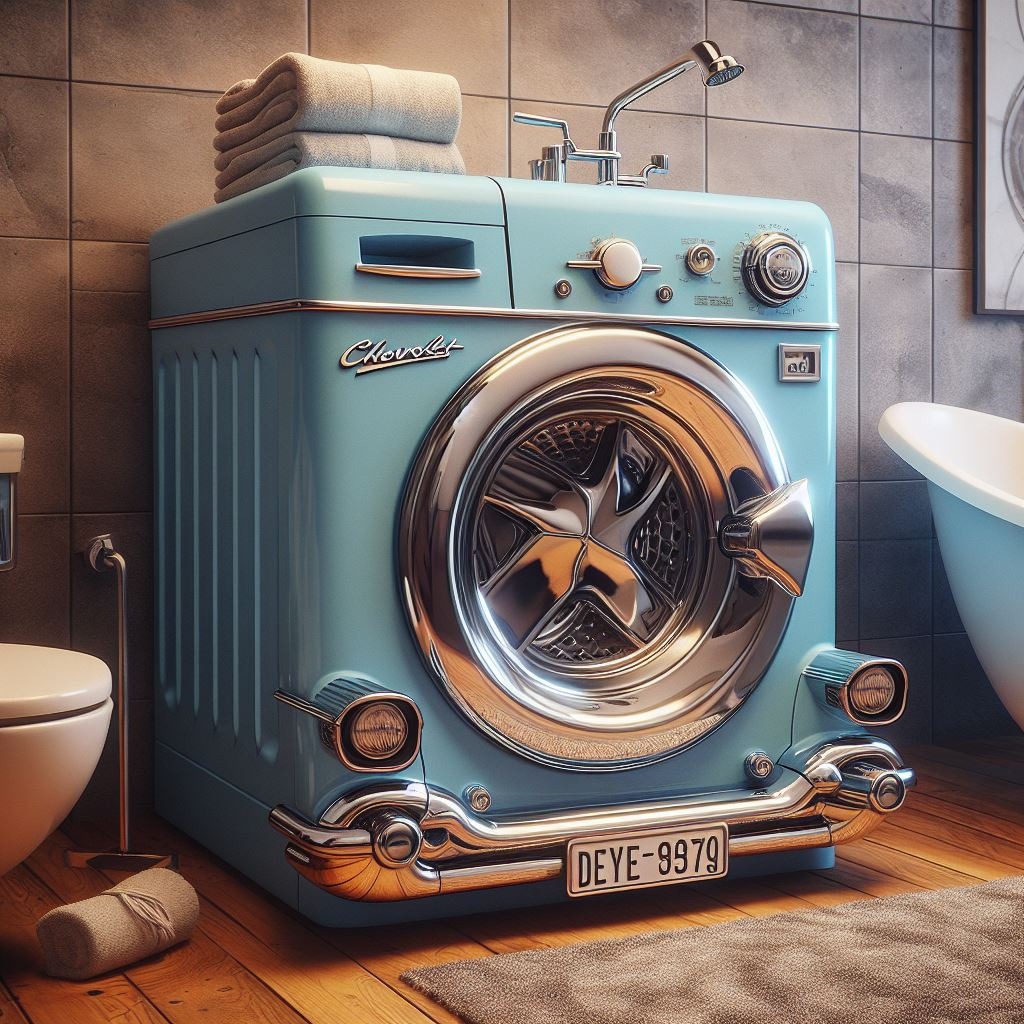
Washing machines have significantly impacted household cleanliness, streamlining the process and ensuring efficient results. With their evolution over the years, these appliances have become indispensable in modern homes.
The integration of washing machines with other cleaning appliances such as dryers and dishwashers provides comprehensive solutions for all laundry needs. This seamless coordination allows for a more organized and efficient cleaning routine, saving time and effort for users.
In the future, washing machine advancements are expected to lead to innovative features that enhance convenience and effectiveness in household cleaning. From smart technology integration to eco-friendly designs, these developments aim to revolutionize the way we approach cleanliness at home.
- Enhanced efficiency in laundry tasks
- Saves time and effort for users
- Streamlined coordination with other cleaning appliances
As washing machines continue to evolve, they play a crucial role in shaping the future of household cleaning practices. By embracing technological advancements and innovative designs, these appliances pave the way for a more convenient and sustainable approach to maintaining cleanliness at home.
Closing Thoughts
Reflecting on the evolution of household appliances, from antique washers to modern machines, it’s evident how washing machines have significantly impacted household chores, particularly transforming women’s lives. The technological advancements and innovations in laundry tasks have not only revolutionized household cleaning but also driven societal shifts. Brand influence has played a crucial role in shaping the evolution of washers, ultimately revolutionizing household cleaning practices.
As you navigate the world of washing machines and their historical significance, consider how these innovations have shaped not just our daily routines but also societal norms. Embrace the convenience and efficiency these appliances offer, and stay curious about future advancements in household technology. The next time you toss a load of laundry into your machine, remember the journey that led to this modern convenience.

